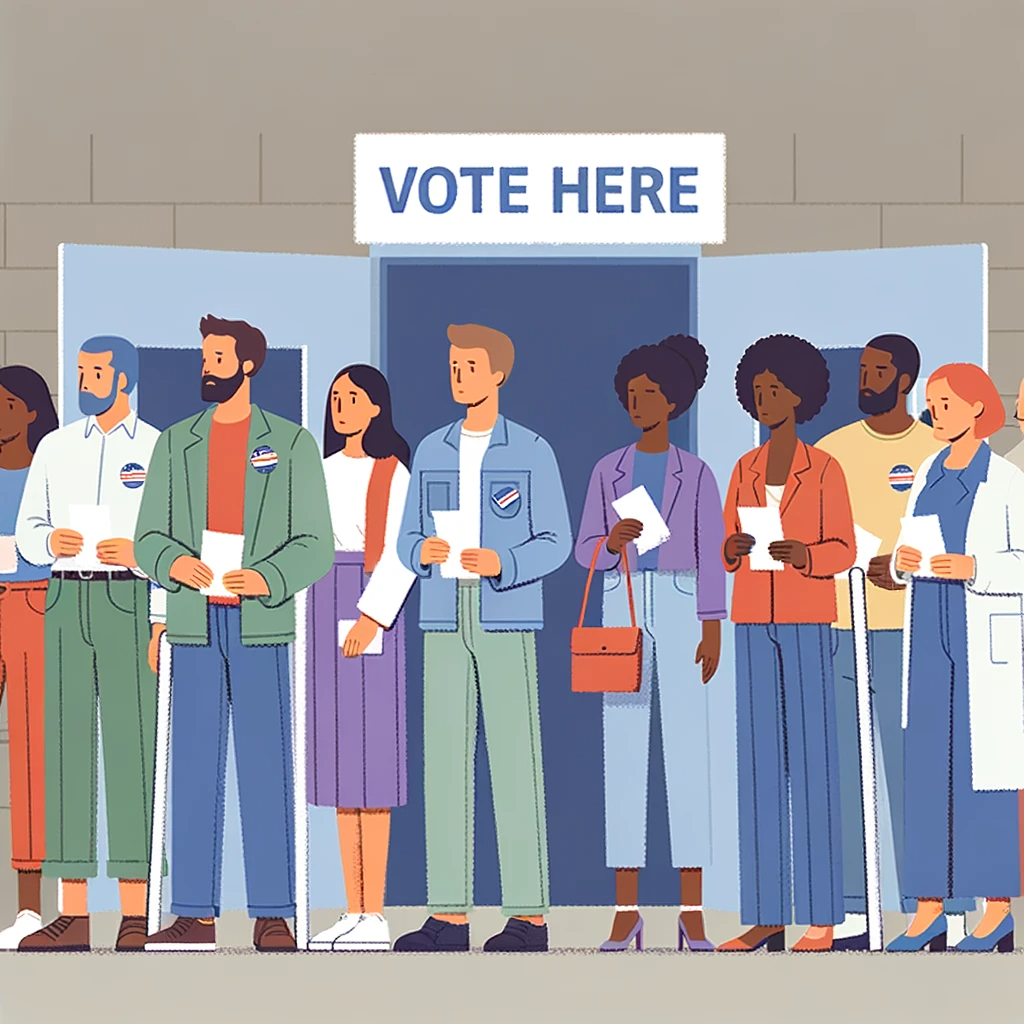Citizen
Definition
Citizen is a noun that refers to a legally recognized inhabitant of a state or nation, who is entitled to the rights and responsibilities granted by that state or nation. Citizens typically have the right to participate in their government and are protected by its laws.
Parts of Speech
- Noun
Pronunciation
American English
- IPA Pronunciation: /ˈsɪtɪzən/
- Respelling: SIT-uh-zuhn
British English
- IPA Pronunciation: /ˈsɪtɪzən/
- Respelling: SIT-uh-zuhn
Etymology
The word "citizen" originates from the Old French "citeien," which derived from the Latin "civis," meaning "inhabitant of a city" or "free person of a state." The term entered Middle English as "citizein," eventually becoming "citizen" and coming to mean an individual who owes allegiance to a state or government.
Derivatives
- Citizenship (noun)
- Citizenry (noun)
- Non-citizen (noun)
- Dual citizen (noun)
- Citizenhood (noun)
Synonyms
- National
- Resident
- Inhabitant
Antonyms
- Alien
- Foreigner
- Outsider
Usage
The noun "citizen" is commonly used to describe individuals who belong to a particular country or state, as in "Every citizen has the right to vote." It is also used in phrases such as "responsible citizen" or "law-abiding citizen."
Related Terms
- Resident: Someone who lives in a particular place, but may not be a citizen.
- Nationality: The status of belonging to a specific nation.
- Allegiance: Loyalty or commitment to a group, state, or nation.
Detailed Definitions
Noun
- A legally recognized inhabitant of a state or nation: Refers to an individual who has rights, responsibilities, and protection under a nation’s laws.
- Example: "As a citizen, she has the right to vote in elections."
- An active member of a community or city: Describes an individual who participates in civic responsibilities and community activities.
- Example: "He was a proud citizen of his hometown."
citizen



🇨🇳 Mandarin (Chinese)
- 公民
- IPA Pronunciation: /kʊŋ˥ min˨˩˦/
- Respelling in English: gōngmín
🇮🇳 Hindi
- नागरिक
- IPA Pronunciation: /naːɡrɪk/
- Respelling in English: nāgarik
🇪🇸 Spanish
- Ciudadano
- IPA Pronunciation: /θju.ðaˈða.no/ (Spain), /sju.ðaˈða.no/ (Latin America)
- Respelling in English: ciudadano
🇫🇷 French
- Citoyen
- IPA Pronunciation: /si.twa.jɛ̃/
- Respelling in English: citoyen
🇸🇦 Modern Standard Arabic
- مواطن
- IPA Pronunciation: /muːˈwaʔ.tin/
- Respelling in English: muwāṭin
🇧🇩 Bengali
- নাগরিক
- IPA Pronunciation: /naɡɔrik/
- Respelling in English: nāgarik
🇷🇺 Russian
- Гражданин
- IPA Pronunciation: /ɡrəʐˈdanʲɪn/
- Respelling in English: grazhdanin
🇵🇹 Portuguese
- Cidadão
- IPA Pronunciation: /si.dɐˈdɐ̃w̃/
- Respelling in English: cidadão
🇮🇩 Indonesian
- Warga negara
- IPA Pronunciation: /ˈwar.ɡa nə.ˈɡa.ra/
- Respelling in English: warga negara
🇩🇪 German
- Bürger
- IPA Pronunciation: /ˈbʏʁ.ɡɐ/
- Respelling in English: Bürger
🇯🇵 Japanese
- 市民
- IPA Pronunciation: /ɕimmin/
- Respelling in English: shimin
- 国民 (referring to the citizens of a country)
- IPA Pronunciation: /kokumin/
- Respelling in English: kokumin
🇻🇳 Vietnamese
- Công dân
- IPA Pronunciation: /kəwŋ˨˩ dən˧ˀ˨ʔ/
- Respelling in English: công dân
🇰🇷 Korean
- 시민
- IPA Pronunciation: /ʃi.min/
- Respelling in English: simin
- 국민 (referring to the citizens of a country)
- IPA Pronunciation: /kuk.min/
- Respelling in English: gukmin
🇹🇷 Turkish
- Vatandaş
- IPA Pronunciation: /va'tan.daʃ/
- Respelling in English: vatandaş
🇵🇰 Urdu
- شہری
- IPA Pronunciation: /ʃəɦriː/
- Respelling in English: shehri





